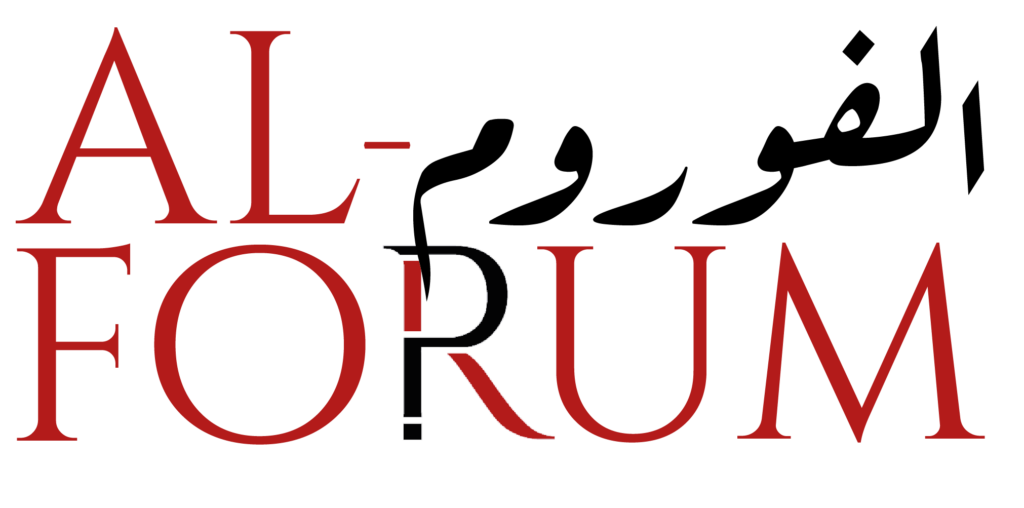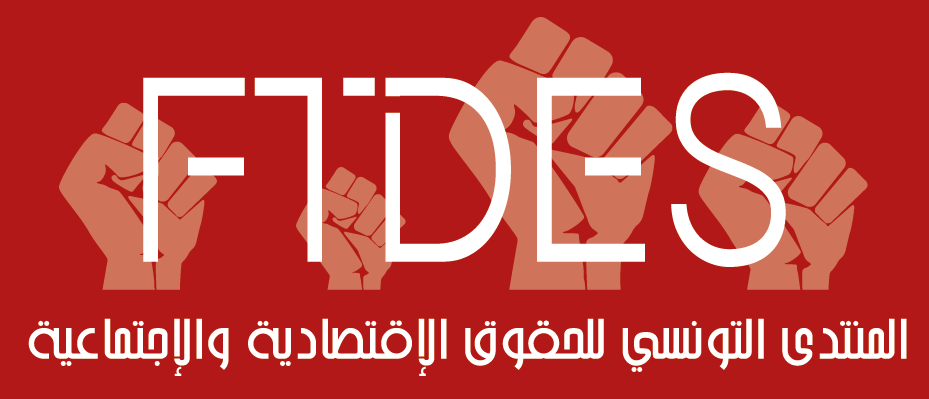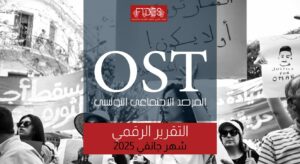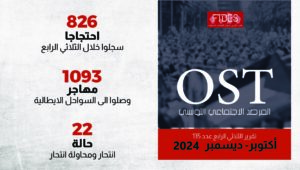Abstract
The paper seeks to study the social movement of El-Kamur (south of Tunisia) which began in April 2017. What distinguishes this movement is its having been initiated by ordinary citizens, which led us to reconsider not only the concept of revolution, but also the social movements. Seemingly, the change is no longer exclusively brought about by the intellectual elite; nor is it the effect of large political parties and their leadership. Actually, the revolution can become “now and here”, likely to be given shape by ordinary citizens through their everyday practices. Such an observation may evoke the “death of the political” and the “death of the ideological” and then the failure of representative democracy, under the emergence of new forms of political activism that show up in contemporary societies, in order to express a new style of protest democracy. And the social movement of El-Kamur represented this type of changes which targeted the relation of the activists with what is political and reflected a novel architecture of the public space whose lines were drawn by the marginalized through their re-appropriation of such a space and their taking hold of positional sites.
We believe that this social movement belongs to a new generation of its kind; one that combined the economic with the cultural and the personal, also the regional and the local with the national and the universal. In actual fact, this social movement was nourished with the activists’ feeling of exclusion and their need for a fair distribution of resources and for recognition and dignity, as people entitled to economic and universal rights.








